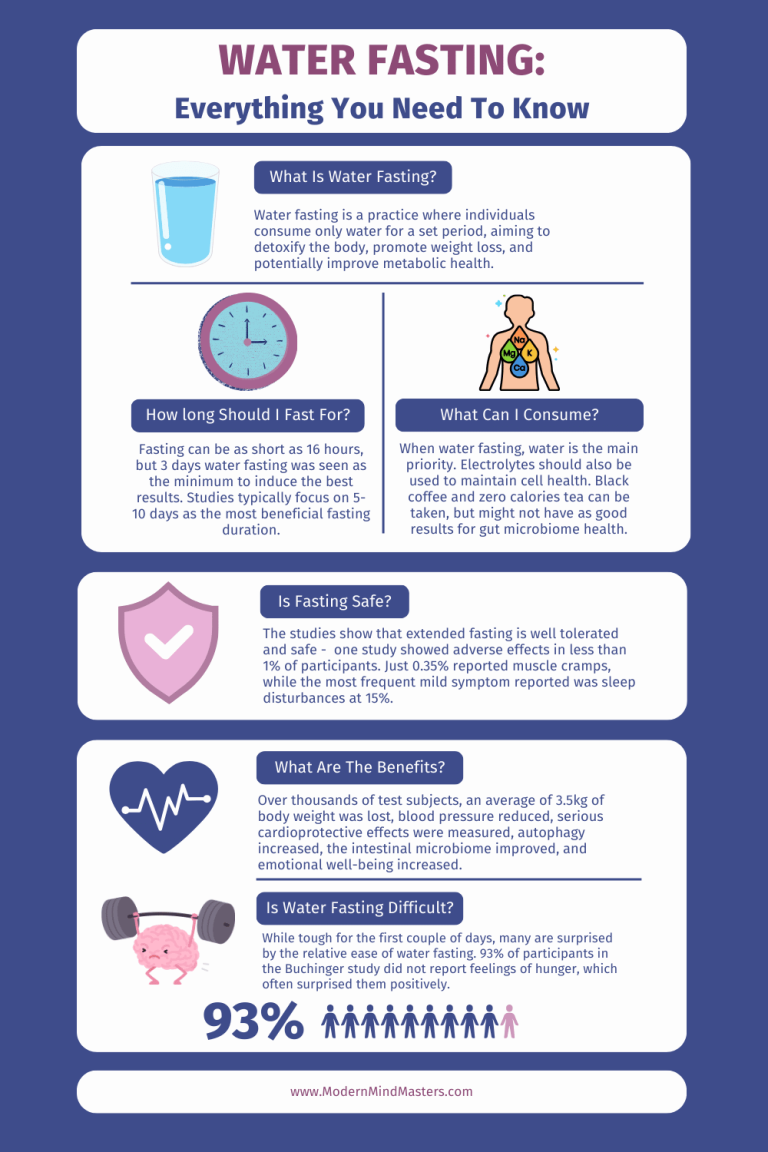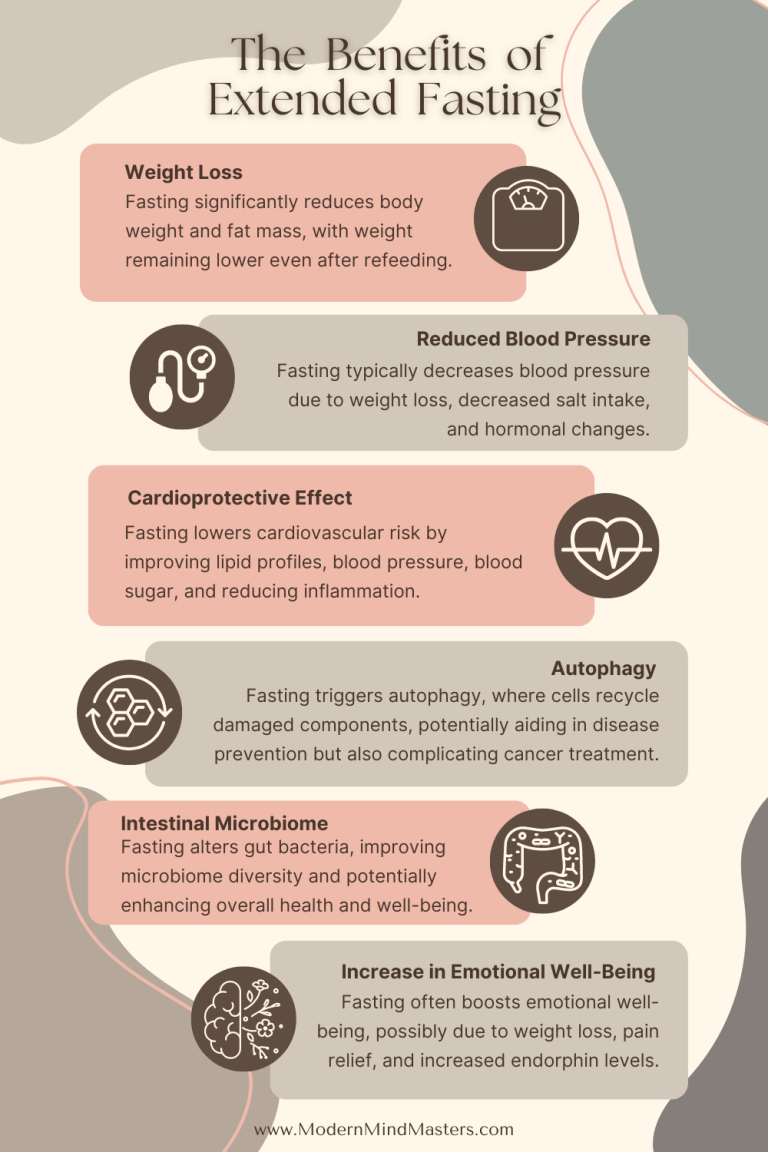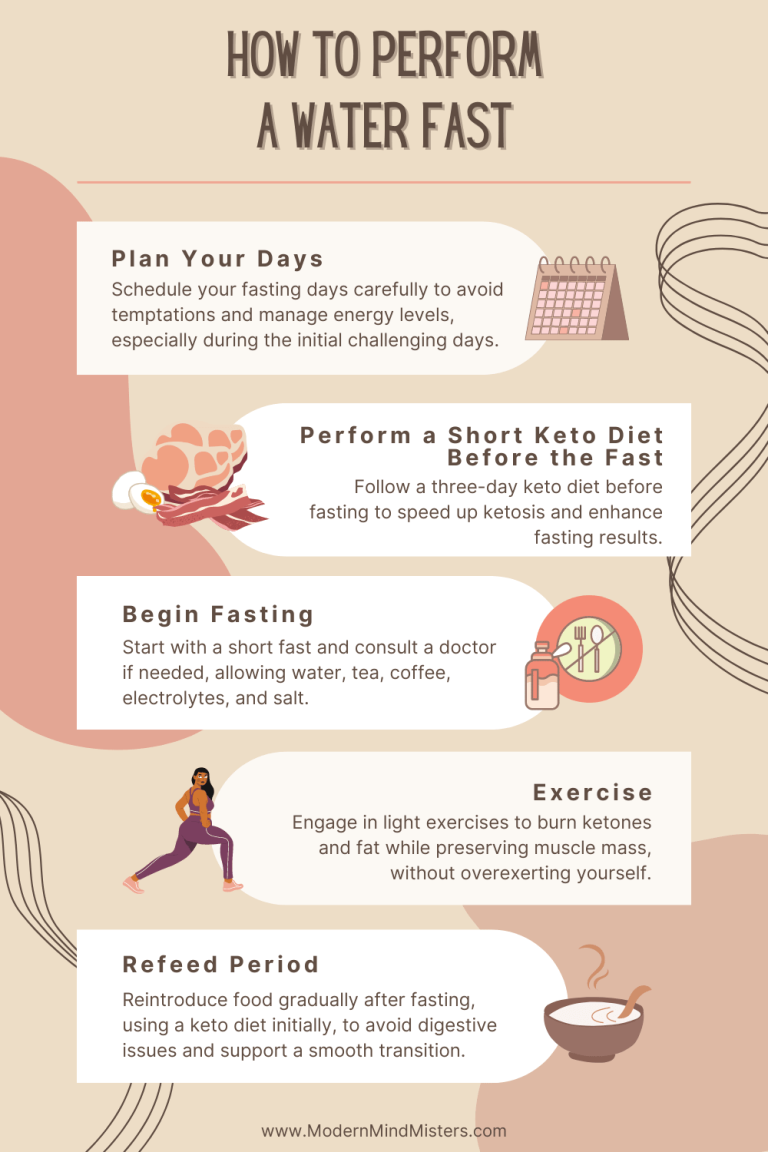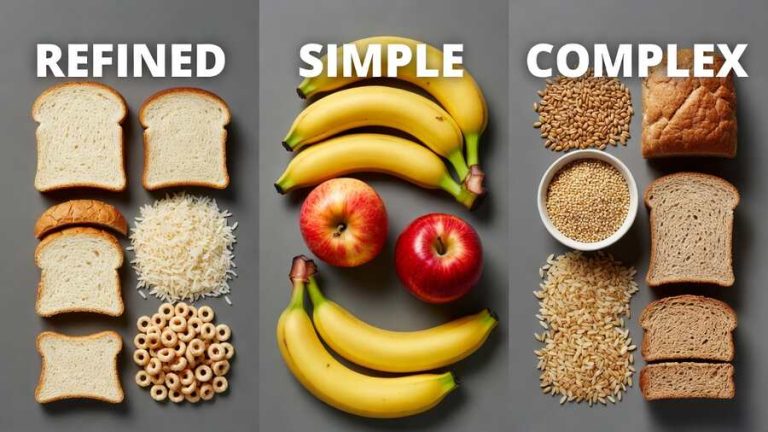Eating, arguably the most ingrained human habit, has evolved from a mere necessity for survival into a source of pleasure and social engagement, driven by advances in wealth and prosperity.
Yet this shift from survival to indulgence seems to have tilted too far, and the developed world is now a victim of its success.
The statistics are endless and startling: The U.S. adult obesity rate is over 42% percent, a 26% increase since 2008. Almost half of the adult population in the U.S. has hypertension (high blood pressure), and once rare chronic kidney disease is now approaching 15%.
Cardiovascular Disease (CVD) is now the number one cause of death globally at 18.6 million in 2019 alone. Despite advances in medicine and technology, the number of years lost to CVD has increased every year since 2010, reaching 14.8 million years lost in the US. In G20 Plus countries, a group of countries with major economies, CVD is the leading cause of mortality in 40% of them.
This dip from around 2010 shows that something is going wrong. And while medication can be great, it is not without its side effects, which can often be more severe than the conditions they are attempting to solve. SSRIs used to treat depression, for example, induce bothersome side effects in 38% of users, 25% of which are classified as “very bothersome”.
As a result, people are naturally reflecting on the golden years before the 2010 turning point, when the incidence of such critical diseases was declining, and medication was less prevalent.
Scientific literature is increasingly revealing fasting (specifically longer-term fasting of three or more days) to be one such way – a natural treatment for disease and illness that not only reduces the impacts of these diseases but can help prevent them.
The therapeutic benefits of fasting are not a new discovery; it has been practiced for millennia for religious, ethical, or health reasons. In the 1960s, morbid obesity and related illnesses were successfully managed with extended fasting periods, known as the “zero-calorie diet.” In extreme cases, these fasting periods could extend beyond 249 days.
While such therapeutic approaches to disease and illness were until recently seen as new-age and unscientific compared to pharmacological options, science is now revealing its impressive ability to heal, extend both lifespan and healthspan, and improve markers of age-related diseases in humans.
This article will cover everything you need to know about extended fasting, including what the latest scientific literature says about its near miraculous ability to improve many aspects of health, from weight loss and cardioprotective effects to inducing autophagy and reducing the damage from the SARS-CoV-2 spike protein.
Having recently become an advocate for extended water fasting myself, I am also going to walk you through everything you need to know before starting, as well as detailing each step to make the most out of your fast.
What is Water Fasting?
Water fasting is characterized by consciously consuming no calories (food or caloric drinks) for an extended period. This period can be as short as 12 hours, as practiced by many through intermittent fasting, or up to weeks at a time when performed safely.
Water fasting is a type of extended fast. For the purpose of this article, we define extended water-fasting as a fast of a long enough duration to induce ketosis, a metabolic state in which the body burns fat for fuel instead of carbohydrates, producing ketones as a byproduct. It is in this stage of ketosis where the benefits of extended water fasting arise, as we will see later in this article.
Note there are different types of extended fasting. The most common is water fasting, where you consume nothing but water (preferably flavored with some electrolytes) and small but frequent amounts of salt. There is also therapeutic fasting, as successfully practiced at Buchinger Wilhelmi in Germany, where participants consume water and a couple of very small meals twice a day (such as fruit juice and vegetable soups) totaling 200- 250 kcal per day.
How Does Water Fasting Work?
Dozens of physiological mechanisms are altered by fasting of all kinds, and scientists are only recently beginning to grasp how they might all work.
Most changes appear to be driven by the shifting of the energy substrate used by the body from stored glycogen, a simple sugar obtained from foods, to ketones, chemicals produced in the liver when the body breaks down fats for energy.
The process of switching from stored glycogen to ketones is known as ketosis, where the body undergoes important physiological adjustments to endure prolonged fasting and keep its many functions running correctly.
The full switch from glucose to ketones seems to occur for most people after a minimum of three days of fasting, although this can vary based on age, body composition, and genetics. It can also be sped up a little through performing a “pre-fast” keto diet for a few days, and accelerated further by high-intensity training (HIT) exercise, as we will see later.

How Long Should I Fast For?
The short answer is at least three days – the minimum time the switch to ketosis has been seen to consistently occur. This is the minimum time required to use up all the glycogen and amino acids in your tissues, after which the body will have no choice but to seek energy from stored fats.
Different fasting methods have been shown to induce different effects. Intermittent fasting causes small, frequent changes, while prolonged fasting was shown to have more significant effects.
For example, fasting for five days can lower IGF-1 (a hormone similar in structure to insulin) by over 60%, whereas calorie restriction does not. Interestingly, fasting during Ramadan for 28 days didn’t significantly change body composition or how glucose is metabolized in healthy, lean men, presumably because the fasting period was not long enough to realize the benefits.
A 10-day fast performed in this study showed that between the third and sixth days, the body fully adjusted to a new energy balance: glucose levels were at their lowest on the 4th day, and BHB levels (a type of ketone body produced by the liver) peaked on the 5th day.
The results from this study were also consistent with previous research that shows ketosis reaching a plateau after four to five days of prolonged fasting.
To fully experience the many benefits of water fasting, the research suggests that a 5-day fast should be adequate. Shorter fasts have still been shown to be beneficial, as many studies on intermittent fasting have demonstrated, but longer fasts tend to create more profound benefits. There have been examples of obese people with improved health after weeks and sometimes months of fasting, but the scientific literature for fasts over ten days is currently limited.
How Often Do I Need to Fast?
While just a few studies have shown continual benefits from repeated cycles of fasting, the data is still sparse, and there are no specific scientific guidelines on how often you should fast.
I base my frequency on how intense my fast was. A 3-day fast will need at least a month or two to recover, a 5-day fast might need 3 or 4 months, and 7 days maybe 6 months. My next attempt will be a 10-day fast, and I’m planning on doing this once a year. While it may be possible to fast more frequently than this, the benefits may be limited, especially for the already healthy.
The idea is that fasting is getting rid of all the dead cells and sticky waste metabolic material that cannot shift on its own. Your lifestyle, such as how much processed foods you eat and how much chemicals and plastics you are exposed to, determines how much waste you have to clear out. If you live a healthy lifestyle and eat a clean diet, it may take six months or more for enough metabolic waste to accumulate to make fasting worthwhile.
This is why my ideal period is now once a year, after a thorough 10-day fast, although I must make clear that this is based solely on my experiences and my own justifications, and there is currently no scientific literature to confirm or deny it.
What are the Benefits of Water Fasting?
Ultimately, whether the discomfort of enduring long duration water fasting is worth it depends on the benefits, and how long you should fast for depends on the magnitude of these benefits.
The good news is that the benefits were far-reaching; among the 404 subjects in this Buchinger study with pre-existing health complaints, 341 (84%) reported an improvement.

1) Weight Loss
Many of you will be most interested in fasting’s potential for weight loss. And seeing how weight loss boils down to calories in vs. calories out (although the calories out part can get complicated based on individual physiology), it is perhaps obvious that at zero calories in, weight loss is inevitable.
After a 10-day water fast, the average body weight significantly decreased by over 7kg, a reduction of almost 10%. The first three days saw the largest drop – an average of 1.2kg per day – after which body weight loss progressively slowed to 0.28kg on the 10th day.
Predictably, body weight started to increase during the refeeding period, but once refeeding was complete, the average body weight was still 3.5kg below the starting level. Not bad for just ten days.
Most of the weight seems to have been shed from fat, with total fat mass decreasing by 11% on the sixth fasting day and 17% at the end of the refeed period. Body composition analysis showed that the fat mass loss occurred mainly in the limbs and the trunk.
The biggest barrier to consistent weight loss in any diet is not the initial loss, but regaining the weight a few months after. In a meta-analysis of 29 long-term weight loss studies, more than half of the lost weight was regained within two years, and more than 80% by five years.
No particular rebound in weight gain has been shown after repeated cycles of Buchinger fasting in previous studies.
2) Reduced Blood Pressure
The majority of studies, including the two mentioned above, show decreases in blood pressure after fasting and are thought to be due to several factors including weight loss, decreased salt intake, and hormonal changes that occur during fasting.
One study based on 24-hour fasting, however, showed an increase in blood pressure, and some studies found blood pressure to initially increase at the start of a fast (presumed to be due to the stress response in the body) but typically lowers as the fasting period continues. Although some of the drops in blood pressure were significant, they all stayed within the normal range (albeit on the low end), and no serious low blood pressure complications we observed.
Although seen as a potential benefit for those with high blood pressure, those with hypotension or abnormally low blood pressure should seek medical advice before fasting.
3) Cardioprotective Effect
A recent meta-review of 10 randomized control trials showed that fasting is beneficial in lowering the cardiovascular risk of a population, holding for all types of fasting tested (intermittent fasting, continuous fasting, calorie restriction, protein restriction, and time-restricted eating). The result was more pronounced when fasting regimens were combined with regular exercise routines.
The review went on to state that “The fact that no pharmaceutical medication has such a dramatic influence on such a wide spectrum of cardiometabolic risk variables makes these findings revolutionary”.
The remarkable findings are thought to be achieved by improving the lipid profile (the levels of different types of fats in your blood), improving metabolic syndrome indicators (such as blood pressure and blood sugar), improving insulin resistance, and lowering body weight and inflammatory biomarkers.
For those concerned about lipid nanoparticles that were part of mRNA vaccines, which we were initially told would not leave the deltoid muscle at the site of injection but have now been found in every organ of the body, extended fasting may be one way to help mitigate any associated detriments.
4) Autophagy
Autophagy is the near-miraculous phenomenon in which cells break down and recycle their own damaged or unnecessary components, helping clear debris and maintain healthy cell function. This autophagic response is thought to be triggered by stress stimuli such as nutrient deprivation from fasting.
Essentially, each cell is equipped with its own housekeeping mechanism, where it recycles exhausted metabolic materials, eliminates misfolded and aggregated proteins, and disposes of injured organelles.
Although the science surrounding autophagy is still in its infancy, it seems to be a double-edged sword when it comes to cancers.
In this 2018 study, autophagy was shown to both help prevent and promote cancer. At the start of cancer, normal levels of autophagy can help stop tumors from forming, but as the cancer progresses, autophagy can support cancer growth by providing nutrients that cancer cells need to survive and grow.
Cancer Stem Cells (CSCs), a type of cancer cell with the ability to renew themselves, can drive cancer recurrence, spread, and resistance to treatments. Autophagy seems to help these cells survive under stress and resist cancer treatments, making it harder to treat effectively.
More research is needed on this deeply complex relationship to draw any certain conclusions, but for those already diagnosed with cancer, or have a previous history, consult your doctor before fasting.
5) Intestinal Microbiome
The human gut microbiota, the complex community of microorganisms living in the digestive tracts of humans, is becoming of increasing interest in the scientific community for its highly influential effects on many bodily functions, from digestion and immune function to mental health.
This study analyzed the effects of a 10-day periodic fast on the fecal microbiota of fifteen healthy men using the Buchinger fasting guidelines (consuming 250 kcal a day) and suggested that the reported increases in emotional and physical well-being were enhanced partly due to changes in the gut microbiome.
Multiple studies have found the effect to be temporary, however, indicating that periodic fasting would be needed to sustain such improvements (the effects of this particular study lasted for three months).
These studies were performed on healthy individuals, however. Since a large number of studies have indicated that unhealthy individuals tend to have a lack of microbial diversity in their gut, it is likely that ill individuals may receive longer-lasting or permanent improvements.
The results indicated that fasting leads to a decrease in the number of bacteria that break down complex carbohydrates in the diet, such as Lachnospiraceae and Ruminococcaceae. At the same time, there’s an increase in other types of bacteria like Bacteroidetes and Proteobacteria, which thrive by using energy sources derived from the host’s body.
These changes in the types of bacteria present in the gut are linked to levels of blood sugar and certain amino acids in feces, suggesting that how fasting alters the gut bacteria is connected to the body’s energy use.
Anecdotal advice suggests that to get the full “gut reset” benefits from fasting, fasting should occur with just water (i.e. no coffee or tea) to enable the gut microbiota to fully rest and cleanse, although this is unconfirmed empirically.
6) Increase in Emotional Well-Being
One might reasonably think that extended fasting would be a difficult process, both physically and mentally, due to the difficulties and discomfort that accompany hunger.
It was of great surprise, therefore, that almost all of the fasting studies showed a significant self-reported increase in emotional well-being evident across all groups of different fasting lengths.
Although the direct mechanism for this was not identified, it is thought to be due to a combination of beneficial factors.
The rapid and evident weight loss demonstrated is likely one factor, as weight loss (especially in obese subjects) has been linked with mood improvements in many studies.
The release of BDNF (Brain-Derived Neurotrophic Factor), a protein that supports the survival, growth, and maintenance of neurons in the brain, has previously been associated with neurogenesis and neuron protection and enhances the growth and survival of serotonin (known as the “happy hormone”).
Reports of enhanced emotional well-being could also be a result of the pain relief or any other reported improvement of a major health complaint observed in the studies.
The feeling of euphoria and energy often described after the initial difficult first few days could even be evolutionary; our ancestors had to actively seek food during shortages, and the body’s release of endorphins could provide a natural boost and motivation required to prevent them from succumbing to despair and becoming prey.
7) Long COVID And Spike Protein
With increasing amounts of health complaints from “long COVID” and suspected spike protein injuries from both virus and vaccine, multiple recent studies have shown potential therapeutic mechanisms from fasting to neutralize and possibly remove the SARS-CoV-2 spike protein.
The spike protein has been demonstrated to pathologically interact with multiple organ systems, especially the heart, kidneys, lungs, brain, liver, and gastrointestinal tract, through interaction with the ACE2 receptor.
While the research on this controversial subject is still in its infancy (and highly censored), it is believed that autophagy from fasting can help break down and remove these foreign proteins and restore cellular function.
How Difficult is Water Fasting?
While the initial day or two will inevitably be tough, as your brain battles your stomach in the unfamiliar territory of prolonged hunger, you will be surprised at how relatively easy water fasting is once you clear these first couple of days.
My first fast was at age 32, and as a regular gym-goer, I was used to eating 5-6 meals a day for decades.
That is one hell of a habit to kick, and although I had the odd cramp and a headache on my second day, my first 36-hour fast proved more of a physiological and mental battle.
After the first couple of days, however, once ketosis has fully engaged and you are now drawing energy from ketones and not reliant on glucose, there are no real feelings of hunger, and I found myself comfortable and even energized. I would briefly feel hungry a few times a day, but dissolving salt crystals under my tongue seemed to quench this as if my body was actually craving salt.
The scientific literature also supports these feelings – the 10-day water fasting experience occurred without any major complaints or side effects, and the Buchinger study found the same for participants fasting up to 21 days.
Short fasting periods of two days, as well as intermittent fasting, are associated with feelings of hunger, but 93% of participants in the Buchinger study did not report feelings of hunger, which often surprised them positively.
One of the greatest concerns for those thinking about attempting extended fasting for the first time is energy levels. Many, myself included, worried about being able to perform at work, or if they will have enough energy to take care of children.
Most participants reported the opposite, that their mental energy and focus intensified after overcoming those first couple of difficult days. Bloodwork also showed an increase in adenosine triphosphate (ATP), the primary energy currency of a cell, indicating that the body is still producing sufficient energy from fat despite the absence of food intake. Thus, the switch to using stored fat to produce enough energy avoids an energy deficit.
Blood glucose levels were also shown to stabilize at a lower but normal level, indicating that the body maintains adequate glucose in the blood (important for functions like brain activity) without external food sources.
Fasting also gets easier the more you perform it. Some compare it to a “fasting muscle”, where subsequent fasting attempts become easier. As such, it can be a good idea to increase your fasting duration with multiple attempts, perhaps starting at one day, then two, and building up to your preferred maximum.
Is Water Fasting Safe?
The studies show that extended fasting is well tolerated and safe (all studies were screened for pre-existing conditions that might make fasting unsafe and performed under medical supervision).
Unless you suffer from an eating disorder or are already underweight, you shouldn’t have to worry about starvation – ketone bodies from deposited fat allow most human beings to survive 30 or more days in the absence of any food.
The Buchinger study reported adverse effects in less than 1% of participants. Just 0.35% reported muscle cramps, while the most frequent mild symptom reported was sleep disturbances at 15%. Other mild symptoms included muscle pains, headaches, and hunger in the first days of the fast.
Interestingly, a recent review that analyzed water-only fasting data found relatively more adverse effects in water-only fasting than was reported in the Buchinger style, where participants consumed 250 kcal per day.
This suggests that drinking juices and soups might slow down the initial breakdown of proteins and make it easier to tolerate by smoothing the start of ketosis. It is undetermined, however, whether this slows or reduces the benefits that might be gained from strictly water-only fasting.
The 10-day water fasting study did stumble upon a surprise increase in signs of inflammation in both the fat layer under the skin and in the bloodstream, contrary to past findings that demonstrated a decrease in inflammation. This unexpected result suggests that fasting might not reduce inflammation for everyone.
In this same study, heart rates were seen to increase to a peak of 36% on the eighth day, which subsequently dropped back to normal during refeeding. Systolic blood pressure steadily decreased to its lowest point at a 15% reduction on the first day of refeeding, which returned to normal on the third day of refeeding.
Ketoacidosis, a serious condition where the body produces excessive acids called ketones due to insufficient insulin, can become an issue when fasting for extended periods. The study noted that on the eighth day of fasting, the level of BHB—a substance that increases when the body burns fat for energy— in two individuals levels reached above 7 mmol/L, which is fairly high and could indicate a risk of ketoacidosis.
Furthermore, another blood measure related to acid levels, CO2-cp, was decreasing but stayed above a critical low of 20 mmol/L for most of the time. However, on the sixth and ninth days of fasting, 4 or 6 out of 13 participants fell below this safe level, also suggesting a mild risk of ketoacidosis in some people.
For those who would like to perform an extended fast, it would be a good idea to go through it with your doctor to ensure you are not susceptible to ketoacidosis or any of the other potential adverse effects. For most, however, it is well-tolerated and you should remain vigilant for any signs of dizziness or nausea that might indicate your body is not happy.
Will I Lose Lean Mass?
An increase in creatinine levels, a waste product produced by the normal breakdown of muscle tissue, was found in both blood and urine, suggesting that a small amount of muscle protein was broken down during the fast.
The 10-day water fasting study showed a decrease in lean mass of 9.2% on the sixth day of fasting, and protein synthesis, the process by which cells create new proteins from amino acids, was inhibited.
However, in multiple studies, lean mass numbers recovered to their baseline levels during refeeding, whereas fat mass was constantly lost and did not recover. This is great news – fat loss remains while muscle mass recovers.
Some say it is important to exercise and perform mild resistance training to keep the energy coming from fat stores as opposed to muscle stores, but this has not yet been confirmed in the literature.
Do I Need to Take a Multivitamin?
The human body needs at least 28 different vitamins and minerals to function properly, including 13 vitamins and 15 essential minerals that are crucial for various bodily functions such as energy production, immune function, and bone health.
You might logically think that without consuming food, you’ll need to take supplements for these nutrients, especially for longer fasts.
Incredibly, the study unexpectedly found that most of the tested vitamins (except for vitamin K, which wasn’t tested) actually increased, while the levels of minerals remained mostly unchanged.
In fact, a significant increase in three types of Vitamin D was found after eight days of fasting. Vitamin B2 also increased slightly, while vitamin B6 decreased. Some vitamin levels reached a high early in the fast but never reached harmful levels.
The surprising findings suggest that vitamins were released from stored body tissues, a protective mechanism seemingly built into us to protect us during periods of fasting. As a result, multivitamins are not necessary during fasting, and none of the studies supplied them.
How To Water Fast
Fasting is incredible simply, yet for first-timers, it can seem daunting. The following steps will outline the basics and provide some tips from my past experiences and mistakes that will make the process a whole lot more manageable.

1) Plan Your Days
Fasting may sound simple, like not eating for X amount of days, but planning ahead will prove essential for ensuring you commit all the way.
It may sound like an unnecessary step, but believe me, fasting is a psychological battle for the first few days if it’s your first attempt, and you must have a plan to help you focus and avoid becoming overwhelmed.
Plan your days. If you’re fasting for five days, perhaps you want to do it Monday through Friday so you’re not tempted to break it on the weekend. Or if you have important meetings at work, plan your first fast for a quiet weekend where you don’t have to stress about whether you’ll have enough energy.
The most difficult part of every fast is the initial couple of days of hunger tempting you to eat, especially if this is your first fast. Plan what you will do to break the boredom and feelings of hunger during the initial two to three days. Pick out some movies you always wanted to watch, plan some walking, or plan mild exercise routines.
You also need to plan your entry and exit to your fast – easing into the fast by following a keto diet for a few days beforehand will speed up ketosis, improving your results while easing feelings of hunger.
Following the pattern of the studies, you will want to allocate half of your fasting days to pre and post-dieting. A 5-day fast, for example, should have 2-3 days of pre-fasting and another 2-3 days post-dieting. A 10-day fast should have 5 days on each side.
2) Perform a Short Keto Diet Before the Fast
Warm up your enzymatic machinery ahead of time with a short keto diet. A 3-day keto diet (considered as less than 50g of carbohydrates daily) immediately preceding your full fast will speed up the transition to ketosis.
Some studies also suggested high-intensity training (HIT) the day before fasting to aid in burning remaining glycogen stores. They also recommended regular but not excessive exercise during fasting to encourage the body to turn to fat as a source of fuel.
You can find examples of keto diets all over the internet, but foods that replace carbohydrates with healthy fats are key. Some sources include avocados, flaxseed and olive oils, nuts and seeds, and fatty fish such as salmon.
3) Begin Fasting
You should have already decided how many days you would like to fast for in Step 1 – planning. Three days of complete fasting should be a minimum and will be enhanced by a further three days of keto dieting before fasting.
I recommend starting small and building up, although this depends on many personal variables such as age, health status, and pre-existing conditions. Always consult a doctor if you have any health concerns, are fasting for the first time, or wish to fast for long periods.
The benefits of fasting were demonstrated for both Buchinger-style fasts of 250 kcal of two meals a day (consisting of fruit juices and vegetable soups) and water-only fasts of around 2-3L (sparkling water is fine) per day. Tea and black coffee are also fine to take, although you may not get as much benefit if you are targeting gut microbiome benefits.
Flavored electrolyte drinks (zero calories of course) and lemon water are also possible, and for many, are essential for getting through those first two days of hunger.
See this video here for how to easily make your own electrolytes (known in the fasting community as “Snake Juice”).
Salt is also key; fleeting moments of hunger can often be cured by dissolving salt crystals under your tongue, as often the body is craving salt.
If you wish to follow the Buchinger fast, prepare the same way with a few days of keto dieting beforehand. In the study mentioned, subjects drank 3L of water or non-caloric herbal teas daily with an optional portion of 20g of honey. They also received organic freshly squeezed fruit or vegetable juice (250 ml) at noon and vegetable soup (250 ml) in the evening, leading to an average total calorie intake of 200–250 kcal and 25–35 g of carbohydrates per day.
4) Exercise
You might think that because you are not consuming any energy in the form of calories, then you should conserve your energy and avoid exercise while fasting.
But your body still does have a consistent form of energy in the form of ketones from your fat stores once ketosis has occurred. The more ketones you use from the increase in exercise, the more fat will be burned to replace them.
Sitting around and doing nothing will not only promote excess muscle wastage through the body using protein from your muscles as a source of fuel, but light exercises, in the form of both cardio and resistance training, should help to keep your strength and further aid in fat burning.
Just make sure you don’t overdo it. A short 30-minute low to medium-intensity full-body workout daily should suffice. If you feel lightheaded or nauseous while doing it, ease back, take some electrolytes, and try again later.
5) Refeed Period
Eating large meals straight after an extended fast is a recipe for sickness, stomach cramps, and possibly a trip to the emergency room. The reverse steps of a ketone-to-glucose switch occur upon refeeding, and it’s best to exit this switch at the same rate you entered it.
At a minimum, you should refeed for half the days you spent fasting. A more conservative approach would be to refeed for every day you fasted (so a 5-day refeed after a 5-day fast).
In the Buchinger study, an ovo-lacto-vegetarian organic diet progressively increased from 800 to 1600 kcal/day over four days. Some prefer to keep a keto diet after their fast for a few days while progressively increasing the calories.
I like to keep it simple and apply the same keto diet as I entered with, starting at 500 kcal the first day, increasing to 1000 kcal and 1500 kcal on the second and third, and returning to my usual diet after that.
Final Thoughts
Water fasting, whether through calorie restriction, Buchinger-type fasting, or any other type of extended fast, offers one of the most promising therapeutic methods of disease prevention that can match many pharmacological treatments, without the endless list of possible side effects.
The benefits are clear; over thousands of test subjects, an average of 3.5kg of body weight was lost, blood pressure was reduced, serious cardioprotective effects were measured in bloodwork, autophagy was increased, the intestinal microbiome was improved, increased emotional well-being was reported, and even traces of the damaging SARS-COV-2 spike protein were reduced. This is only reporting the benefits of what was tested; there are likely many other potential benefits remaining unexplored.
While not eating for days may seem overwhelming to many, the results show that it was well tolerated and, past the initial couple of adjustment days, boosts of energy and motivation were experienced by most.
For those with cancer, eating disorders, or other known medical conditions, always consult your doctor before engaging in an extended fast. For everyone else, start small and see how you tolerate it, and increase it to a minimum of 3 days and then longer, based on your individual feelings and response to fasting.
Like all great innovations, from the humble wheel to the modern iPhone, sometimes the most simple innovations are the greatest. Fasting appears as one of those powerful but simple tools, a way for the body to heal and regulate itself. By incorporating this lost phenomenon back into our lives, perhaps we can make a small but crucial step to overcoming the bewildering modern health epidemic.
FAQs
How much weight can I lose on a water fast
After a 10-day water fast, the average body weight significantly decreased by over 7kg, a reduction of almost 10%. The first three days saw the largest drop – an average of 1.2kg per day – after which body weight loss progressively slowed to 0.28kg on the 10th day.
Predictably, body weight started to increase during the refeeding period, but once refeeding was complete, the average body weight was still 3.5kg below the starting level. Not bad for just ten days.
What are the benefits of water fasting?
The benefits are clear; over thousands of test subjects, an average of 3.5kg of body weight was lost, blood pressure was reduced, serious cardioprotective effects were measured in bloodwork, autophagy was increased, the intestinal microbiome was improved, increased emotional well-being was reported, and even traces of the damaging SARS-COV-2 spike protein were reduced. This is only reporting the benefits of what was tested; there are likely many other potential benefits remaining unexplored.
Is water fasting safe?
The studies show that extended fasting is well tolerated and safe (all studies were screened for pre-existing conditions that might make fasting unsafe and performed under medical supervision).
Unless you suffer from an eating disorder or are already underweight, you shouldn’t have to worry about starvation – ketone bodies from deposited fat allow most human beings to survive 30 or more days in the absence of any food.






